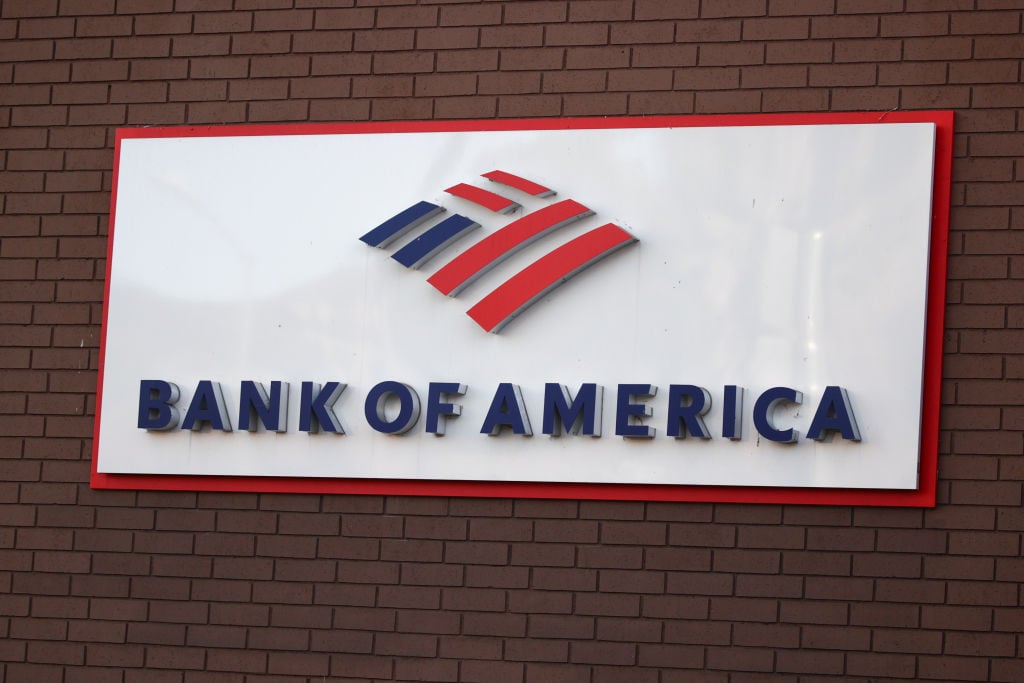Everyone would love to find the perfect stock. But will you ever really find a stock that gives you everything you could possibly want?
One thing's for sure: If you don't look, you'll never find truly great investments. So let's first take a look at what you'd want to see from a perfect stock, and then decide if PMI Group (NYSE: PMI) fits the bill.
The quest for perfection
When you're looking for great stocks, you have to do your due diligence. It's not enough to rely on a single measure, because a stock that looks great based on one factor may turn out to be horrible in other ways. The best stocks, however, excel in many different areas, which all come together to make up a very attractive picture.
Some of the most basic yet important things to look for in a stock are:
- Growth. Expanding businesses show healthy revenue growth. While past growth is no guarantee that revenue will keep rising, it's certainly a better sign than a stagnant top line.
- Margins. Higher sales don't mean anything if a company can't turn them into profits. Strong margins ensure a company is able to turn revenue into profit.
- Balance sheet. Debt-laden companies have banks and bondholders competing with shareholders for management's attention. Companies with strong balance sheets don't have to worry about the distraction of debt.
- Money-making opportunities. Companies need to be able to turn their resources into profitable business opportunities. Return on equity helps measure how well a company is finding those opportunities.
- Valuation. You can't afford to pay too much for even the best companies. Earnings multiples are simple, but using normalized figures gives you a sense of how valuation fits into a longer-term context.
- Dividends. Investors are demanding tangible proof of profits, and there's nothing more tangible than getting a check every three months. Companies with solid dividends and strong commitments to increasing payouts treat shareholders well.
With those factors in mind, let's take a closer look at PMI Group.
|
Factor |
What We Want to See |
Actual |
Pass or Fail? |
|---|---|---|---|
| Growth | 5-Year Annual Revenue Growth > 15% | (6.5%) | Fail |
| 1-Year Revenue Growth > 12% | (11.9%) | Fail | |
| Margins | Gross Margin > 35% | 108.6% | Pass |
| Net Margin > 15% | (104.9%) | Fail | |
| Balance Sheet | Debt to Equity < 50% | 88.9% | Fail |
| Current Ratio > 1.3 | 9.39 | Pass | |
| Opportunities | Return on Equity > 15% | (99.3%) | Fail |
| Valuation | Normalized P/E < 20 | 0.69 | Pass |
| Dividends | Current Yield > 2% | 0% | Fail |
| 5-Year Dividend Growth > 10% | 0% | Fail | |
| Total Score | 3 out of 10 |
Source: Capital IQ, a division of Standard and Poor's. Total score = number of passes.
Perfection isn't in the cards for PMI Group, with its score of three. The surprising thing, though, is that a company at the epicenter of the housing market's collapse managed to get even three points.
PMI Group offers insurance products like purchase-money insurance that protect mortgage lenders when homeowners default. Typically, lenders require such insurance when homeowners put less than 20% down on buying their home.
For years, when the housing market was healthy, this insurance was essentially free money for the companies that wrote it. With home prices steadily rising, lenders could expect to get more money from foreclosure sales than was outstanding on their loans, leaving insurers like PMI Group in the clear even when a homeowner defaulted.
Now, though, the tide has turned, with insurers taking huge losses. Earlier this month, MGIC Investment (NYSE: MTG) reported disappointing earnings that hurt not only its shares but those of PMI and fellow competitor Radian Group (NYSE: RDN). The only good news was that MGIC's losses were only about a quarter what they were in 2009, but the company didn't predict when it would return to profitability.
One key question for these insurers is whether the banks that wrote bad loans will be held responsible for them, potentially getting PMI Group and its peers off the hook. With Bank of America's (NYSE: BAC) agreement to buy back billions in loans from Fannie Mae and Freddie Mac, it's possible that those hopes have merit -- but it's definitely not a sure thing.
PMI Group has fallen so far that its shares are essentially a lottery ticket on a big housing recovery. That may make it a speculative investment some would like, but it's certainly not a perfect stock.
Keep searching
No stock is a sure thing, but some stocks are a lot closer to perfect than others. By looking for the perfect stock, you'll go a long way toward improving your investing prowess and learning how to separate out the best investments from the rest.
Click here to add PMI Group to My Watchlist, which can find all of our Foolish analysis on it and all your other stocks.





